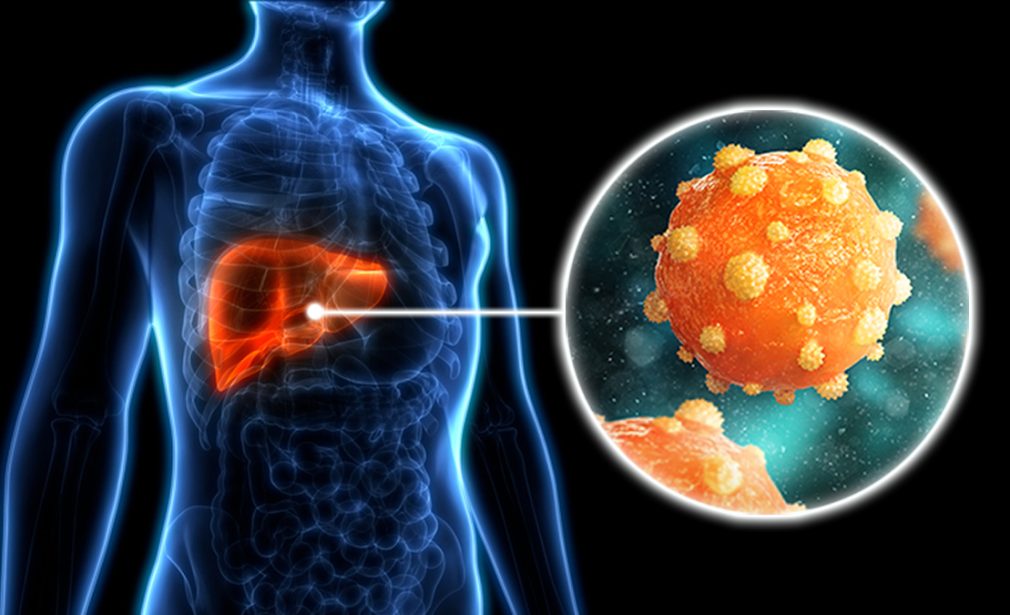Hepatitis
Hepatitis is a medical condition that causes inflammation of the liver. Here’s an overview:
Types of Hepatitis
1. Hepatitis A (HAV): A highly contagious and acute form of hepatitis, usually spread through contaminated food and water.
2. Hepatitis B (HBV): A chronic and infectious form of hepatitis, transmitted through bodily fluids, such as blood, semen, and vaginal fluids.
3. Hepatitis C (HCV): A chronic and infectious form of hepatitis, primarily spread through blood-to-blood contact.
4. Hepatitis D (HDV): A rare and chronic form of hepatitis, only affecting people already infected with HBV.
5. Hepatitis E (HEV): A rare and acute form of hepatitis, usually spread through contaminated food and water.
Causes and Risk Factors
1. Viral Infection: Hepatitis A, B, C, D, and E viruses.
2. Contaminated Food and Water: Hepatitis A and E.
3. Blood-to-Blood Contact: Hepatitis B and C.
4. Unprotected Sex: Hepatitis B.
5. Sharing Needles: Hepatitis B and C.
Symptoms
1. Fatigue
2. Nausea and Vomiting
3. Abdominal Pain
4. Dark Urine
5. Pale Stools
6. Yellowing of the Skin and Eyes (Jaundice)
Diagnosis and Treatment
1. Blood Tests: To detect hepatitis antibodies and antigens.
2. Liver Function Tests: To assess liver damage.
3. Imaging Tests: To visualize liver damage.
4. Antiviral Medications: To treat chronic hepatitis B and C.
5. Vaccination: To prevent hepatitis A and B.
Prevention
1. Vaccination: Against hepatitis A and B.
2. Practice Safe Sex: Use condoms to prevent hepatitis B transmission.
3. Avoid Sharing Needles: To prevent hepatitis B and C transmission.
4. Wash Hands Frequently: To prevent hepatitis A transmission.
5. Avoid Consuming Contaminated Food and Water: To prevent hepatitis A and E transmission.

